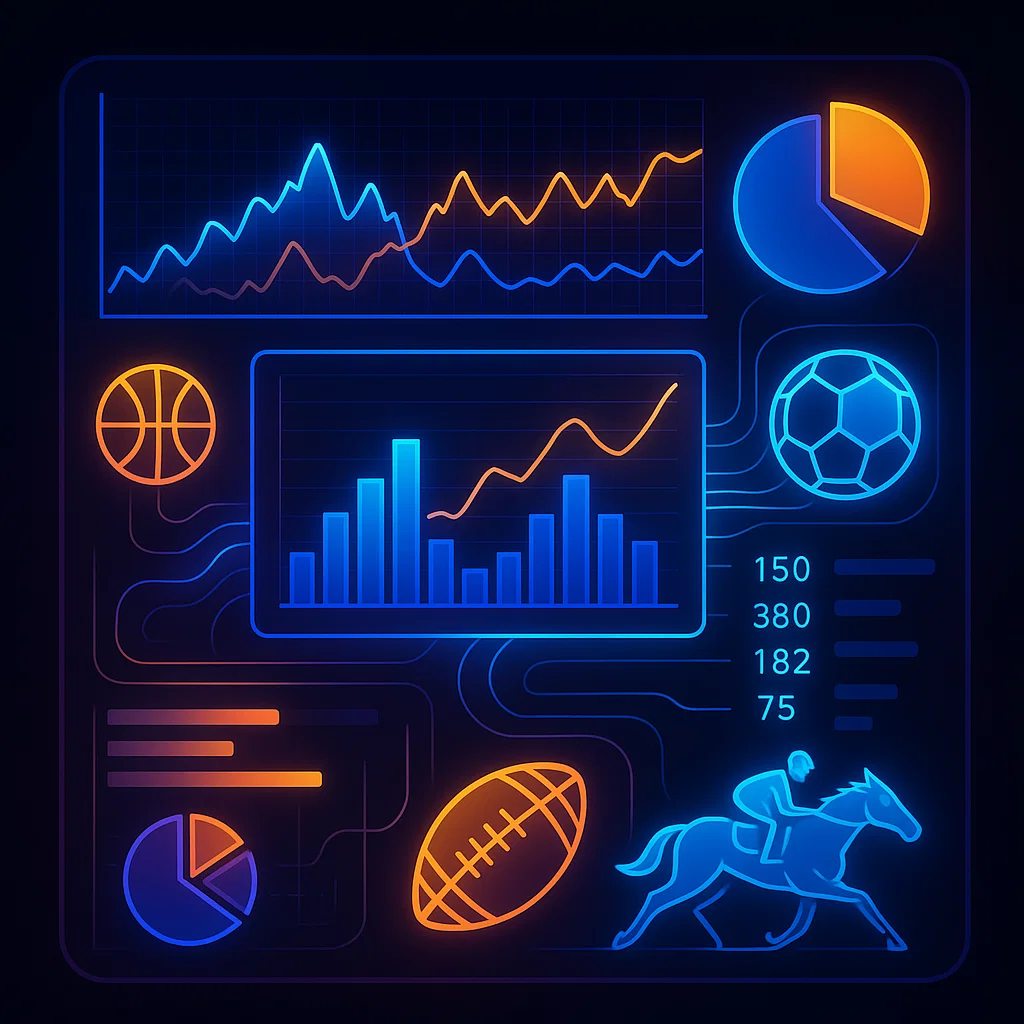Keno strategy (keno strategien) is often explored by players aiming to boost their chances in a game largely driven by luck. While strategies can provide structure, their effectiveness is limited because the game remains random in nature. However, the conversation around strategy opens the door to a bigger development in modern betting: the growing use of data analytics in sports predictions.
Keno Strategy and Predictive Technology
Sports betting has evolved from casual predictions into a highly data-driven activity. Not to mention, the available tools that work wonders in performing advanced analytics and sophisticated forecasting. Both bookmakers and bettors now depend on massive datasets that cover every detail from:
- Player performance metrics
- Historical team statistics
- External factors like weather conditions and even psychological trends influencing athletes
These vast amounts of information are processed through powerful algorithms and machine learning models to generate more accurate predictions and dynamic odds. Betting has since then changed significantly. It shifts away from pure intuition and luck toward a system rooted in evidence, strategy, and real-time analysis.
How Data Shapes Outcomes?

The application of analytics in sports betting extends far beyond the use of raw statistics. Advanced predictive models are capable of identifying hidden patterns within massive pools of data, offering bettors insights that would be impossible to uncover through observation alone.
By relying on these tools, bettors reduce their dependence on instinct and instead base their choices on measurable reasoning and statistical evidence. This growing sophistication has created a significant competitive edge for those who embrace technology, leveling the playing field between casual fans and professional analysts while reshaping the way bets are placed in today’s market.
Machine Learning in Action
Machine learning is revolutionizing sports betting analytics by introducing systems that can adapt and improve over time. Unlike static models, machine learning algorithms continuously learn from outcomes, refining their predictions with every new event and data point. This dynamic process allows betting platforms to adjust odds in real time while giving bettors increasingly accurate insights into potential results.
The adaptability of these systems means that strategies evolve alongside the games themselves, reflecting a future where the most successful participants will be those who seamlessly integrate technological insights into their betting strategy.
By combining human intuition with machine-driven precision, sports betting is entering an age of smarter, faster, and more reliable decision-making.
Ethics and Accessibility in Data-Driven Betting
While analytics bring clear advantages, they also raise important questions about fairness and accessibility in the betting industry. Advanced predictive models can give a significant edge, but not every player has the financial means or technical knowledge to utilize them. This creates a potential divide between casual bettors and those who invest heavily in technology.
Should powerful analytical tools remain exclusive to high-resource users, or should betting platforms work toward democratizing access to ensure a level playing field? These debates highlight how technology not only reshapes the mechanics of gambling but also challenges traditional assumptions of equality and fairness among participants.

